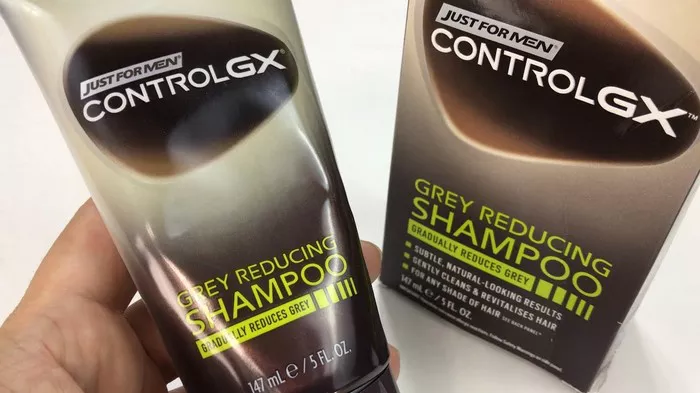Recollections of childhood experiences with hair relaxers resurface as the Food and Drug Administration (FDA) proposes a ban on hair relaxers containing formaldehyde and formaldehyde-releasing compounds. This move, welcomed by many, especially within the Black community, brings attention to the potential health risks associated with these products. While the proposal addresses a significant safety concern, the deeper issue of societal pressures and systemic racism influencing beauty standards persists.
The personal narrative of a Black woman and physician reflects on her own journey with hair relaxers, highlighting the physical toll they took on her hair and scalp. The proposed ban comes as researchers uncover increasing evidence linking formaldehyde exposure to various health problems, including hair loss, pain, scalp inflammation, and, more alarmingly, an elevated risk of uterine cancer.
Hair relaxers, designed to alter the structure of hair by breaking disulfide bonds, have long been a staple in Black hair care. The process involves applying a chemical solution to straighten the hair, releasing formaldehyde into the air during the heat step. The proposed ban aims to eliminate these health hazards associated with formaldehyde exposure, a significant step in ensuring the safety of consumers.
A study from last year revealed a doubling of the risk of uterine cancer in women using formaldehyde hair straighteners at least four times a year. Formaldehyde, a colorless gas, has both short-term and long-term health effects, ranging from nausea, dizziness, and respiratory problems to asthma exacerbation and headaches. Notably, over 150 chemical hair-straightening products contain formaldehyde, prompting concerns about transparency in ingredient lists.
Despite a decline in sales, chemical straighteners remain prevalent in Black hair salons. The historical context is crucial, as the pursuit of straight hair is often rooted in a reaction to centuries of denigrating attitudes towards Black hair. From likening African hair to animal wool during colonization to enforcing laws that required enslaved individuals to shave their heads, the narrative reflects a deep-seated history of discrimination.
While the FDA’s proposal is a positive step towards safer beauty products, the article argues that it’s insufficient to protect Black women fully. Addressing the root cause involves dismantling anti-Black racism that perpetuates societal standards influencing the use of these products. The narrative encourages a broader conversation about redefining beauty norms and acknowledging the historical context that has shaped them.


